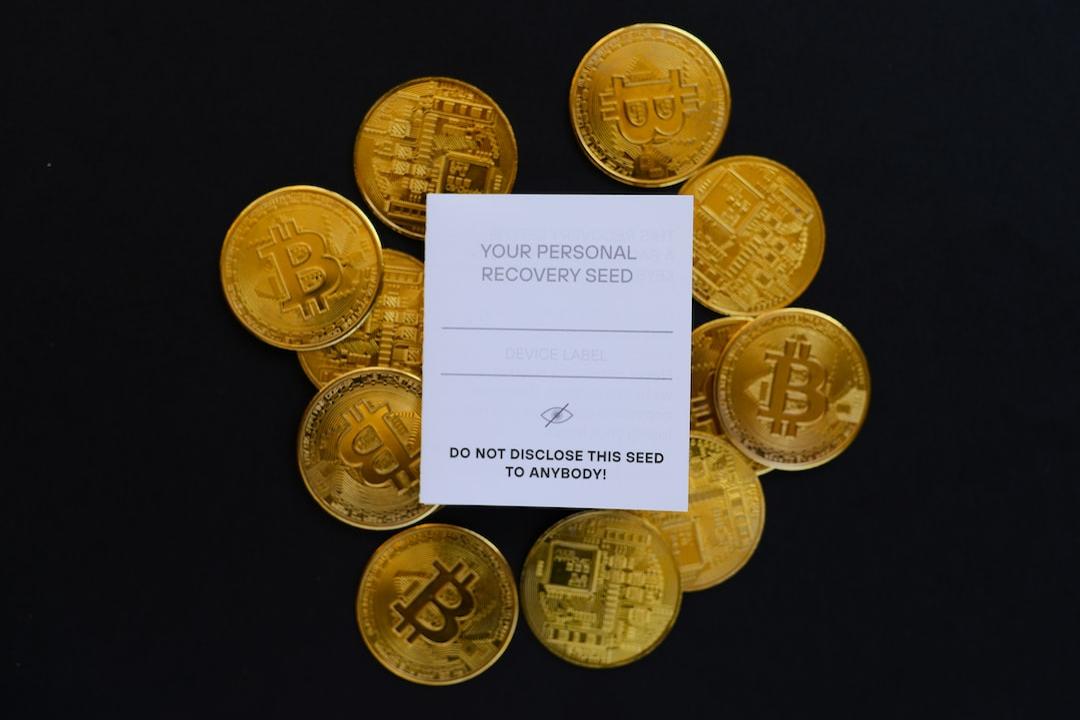Tron blockchain founder Justin Sun has sued Bloomberg, claiming the media outlet published false and private details about his cryptocurrency holdings.
The dispute centers on his profile in the Bloomberg Billionaires Index, which Sun says misrepresented his assets and broke a confidentiality agreement.
The lawsuit was filed on August 1, 2025, in a Delaware federal court. Sun is seeking a temporary restraining order to block further publication and has requested a jury trial. He claims Bloomberg’s figures included cryptocurrency he has never owned while leaving out assets he actually holds.

The Bloomberg Billionaires Index is a daily ranking of the world’s wealthiest people, updated using market data, financial disclosures, and interviews.
For public figures in traditional industries, it usually estimates the value of company shares and other investments. For cryptocurrency holders, the index typically lists a total estimated value of digital assets rather than a detailed breakdown of each token.
How Bloomberg Obtained Justin Sun’s Data
In February 2025, a Bloomberg journalist contacted Sun’s team about adding him to the index. To verify his net worth, they requested information about his assets, including his cryptocurrency holdings.
Tron founder says he agreed to share the data only after receiving clear promises that the information would remain confidential, be used only for verification, and be deleted afterward. According to the lawsuit, internal Bloomberg messages show staff confirming these commitments. Sun argues these promises are the only reason he agreed to provide the details.
Sun claims Bloomberg’s draft profile, shared with him in late July, contained a token-by-token breakdown of his cryptocurrency holdings instead of a lump-sum value. This format, he says, was inconsistent with other crypto profiles in the index and made the information more sensitive. He also says the draft contained “numerous inaccuracies” and that Bloomberg intended to use the same details in an unrelated article.
On August 2, Sun sent a cease and desist letter demanding Bloomberg not publish the data. Despite this, Bloomberg published the article on August 11.
You May Also Like: Tron’s Justin Sun Becomes Youngest Chinese Astronaut on Blue Origin NS-34 Mission
Security Risks Outlined in the Complaint
Sun’s lawsuit warns that publishing detailed information about his crypto holdings could endanger his safety. He cites the risk of “wrench attacks”—physical assaults where criminals force victims to give up access to cryptocurrency, sometimes using weapons. He also points to the likelihood of wallet tracking. This occurs when a wallet address is linked to an individual, allowing anyone to monitor its transactions on the blockchain.
Sun says such exposure could lead to theft, hacking, extortion, or kidnapping, especially because cryptocurrency transactions are global, irreversible, and publicly visible on the blockchain.
Bloomberg’s lawyers told the court that Sun’s request for a restraining order was moot because the article had already been published nearly two hours before his filing. They said they would oppose the order on press freedom grounds. Bloomberg also cited the U.S. First Amendment, and argued that blocking the publication would “gravely disserve the public interest.”
The company also plans to argue that Sun cannot prove the article invaded his privacy, caused irreparable harm, or broke any binding agreement. Bloomberg has not made a public statement about the case.
TRX Holdings Feature in Bloomberg’s Low-Confidence Estimate
In its updated profile, Bloomberg stated that most of Sun’s wealth comes from cryptocurrency, particularly Tron’s native token TRX. It said the figures were based on financial information provided by Sun’s representatives in February 2025.
The index gave Sun’s profile a confidence rating of one out of five stars. This was the lowest score possible and meant the estimate had a high level of uncertainty. Sun’s team said this low rating showed the data was unreliable and should not have been published in detail.
Sun’s lawsuit is based on two legal claims. The first is public disclosure of private facts. This means Bloomberg allegedly revealed private financial information that was not of public interest. The second is promissory estoppel. This is when someone relies on a promise to be enforced even if it’s not a formal contract. Sun says he shared his financial data because Bloomberg promised not to publish it.
He is seeking both temporary and permanent injunctions to stop further publication, along with legal costs.

